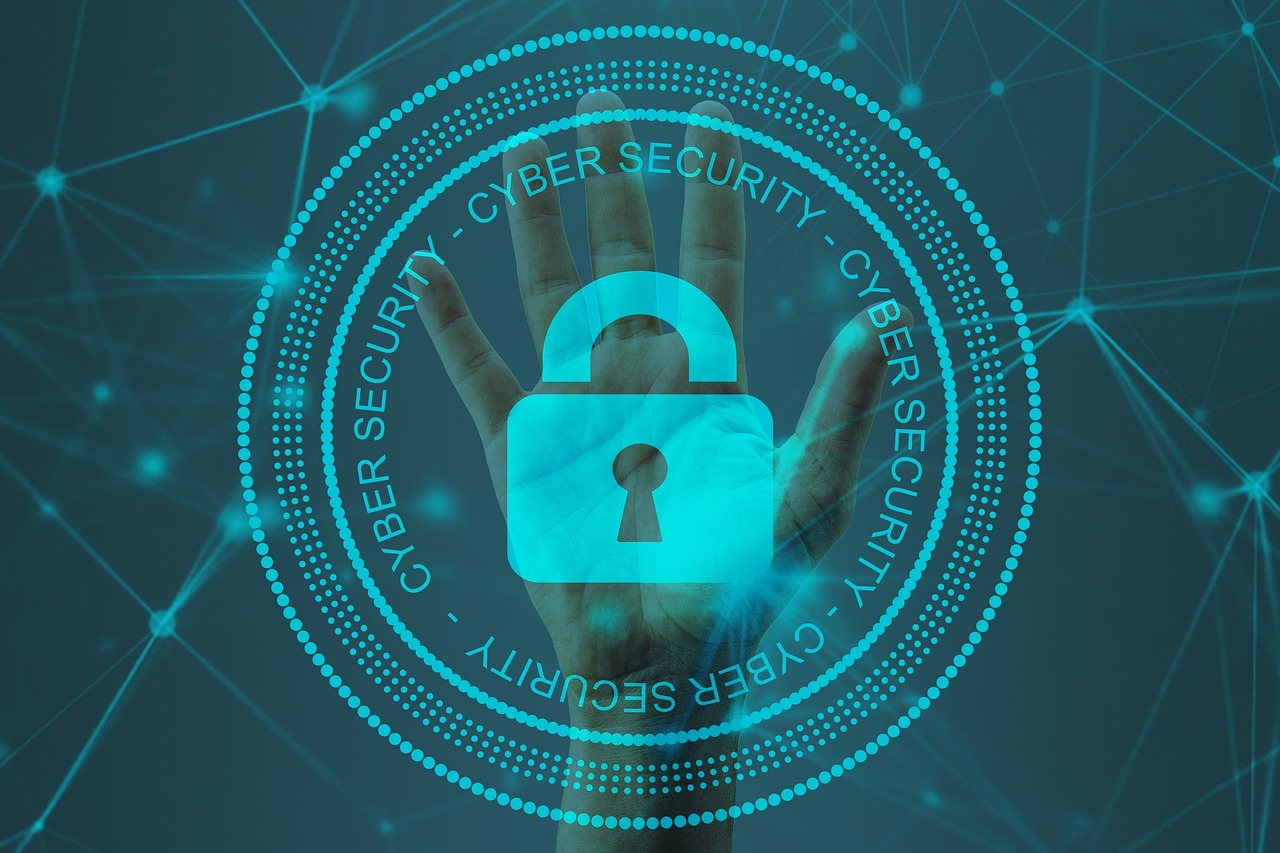Learn how to build cybersecurity expertise as a professional in this post.
The cybersecurity landscape is evolving as digital threats become more sophisticated. Current trends emphasize proactive measures, such as artificial intelligence for threat detection.
The rise of remote work has expanded the attack surface, making robust security practices essential. Organizations now view cybersecurity as a critical business priority to maintain trust and continuity.
Table of Contents
Essential Skills for Cybersecurity Professionals
To succeed in the rapidly evolving field of cybersecurity, professionals must develop a core set of skills:
- Risk Management: Identifying, assessing, and prioritizing risks to minimize potential organizational impacts. This includes understanding compliance regulations.
- Threat Analysis: Proficiency in analyzing potential threats and vulnerabilities. This involves staying updated on emerging threats and understanding attack vectors.
- Technical Proficiency: Strong foundation in networking, operating systems, and security protocols. Familiarity with tools like firewalls, intrusion detection systems, and antivirus software is crucial.
- Incident Response: Skills to respond effectively to security breaches, including containment, eradication, and recovery processes.
- Security Awareness Training: Ability to educate employees on security best practices and the importance of maintaining a security-first culture.
- Communication Skills: Clear communication with technical and non-technical stakeholders to articulate risks and solutions effectively.
Cyberattacks pose serious risks, capable of compromising personal and financial information and leading to identity theft. For students interested in this dynamic field, pursuing a masters in cyber security can provide valuable knowledge and skills.
This pathway opens doors to various roles, meeting the growing demand for qualified cybersecurity professionals in today’s ever-evolving landscape.
Building a Strong Cybersecurity Foundation
Staying updated with industry trends is crucial in cybersecurity. Follow reputable blogs and websites for the latest news. Listen to podcasts that discuss current threats and solutions.
Attend webinars to learn from experts and enhance your skills. These resources help you stay informed and adapt to changes in the field.
Educational Paths and Certifications
A solid educational background in computer science, information technology, or cybersecurity is crucial.
Pursuing relevant certifications, such as CompTIA Security+, Certified Information Systems Security Professional (CISSP), or Certified Ethical Hacker (CEH), enhances credibility and demonstrates expertise.
These certifications signal to employers that you possess the necessary skills and knowledge to navigate complex security challenges.
Gaining Practical Experience
Hands-on experience is vital in cybersecurity. Internships, lab exercises, and real-world projects help you apply theoretical knowledge.
Participating in Capture the Flag (CTF) competitions and contributing to open-source security projects can further develop your skills.
Additionally, volunteering for cybersecurity organizations or local businesses can provide practical exposure to real security scenarios.
Networking and Professional Development
Building a professional network is essential for career growth in cybersecurity. Attend industry conferences, seminars, and workshops to meet peers and experts. Joining professional organizations like (ISC)² or ISACA offers access to resources, mentorship, and job opportunities.
Engaging in online forums and social media groups can also facilitate knowledge sharing and connections. Continuous learning through webinars and online courses helps you stay updated with evolving trends and technologies, ensuring your skills remain relevant in this dynamic field.
The Future of Cybersecurity Careers
As the digital landscape evolves, so does the demand for cybersecurity professionals. Organizations are increasingly prioritizing security, leading to a rise in various specialized roles.
Here’s a closer look at emerging careers in cybersecurity.
- Chief Information Security Officer (CISO)
The CISO plays a critical role in shaping an organization’s security strategy. They oversee all security initiatives, ensuring compliance with regulations and managing risks. This role is vital for maintaining trust and integrity within the organization. - Information Security Officer
An Information Security Officer focuses on protecting sensitive data. They develop and implement security policies and protocols, monitor compliance, and address vulnerabilities. This position is essential for maintaining the organization’s security posture. - Cybersecurity Architect
Cybersecurity Architects design robust security systems. They assess potential threats and create architectures to mitigate risks. Their expertise is crucial for developing secure infrastructures. - Cyber Security Consultant
Consultants provide expert advice to organizations. They assess current security measures and recommend improvements. This role is ideal for professionals who enjoy diverse projects across various industries. - Cybersecurity Project Manager
Project Managers lead cybersecurity initiatives from inception to completion. They coordinate teams, manage budgets, and ensure projects meet deadlines. Strong leadership skills are essential in this role. - Security Engineer
Security Engineers build and maintain security systems. They implement measures to protect networks and data from breaches. Their technical skills are critical for defending against cyber threats. - Security Analyst
Analysts monitor security systems for anomalies. They investigate incidents and respond to threats, making their role vital in the early detection of breaches. - Incident Response Coordinator
This role focuses on managing security incidents. Coordinators lead response efforts, ensuring swift actions are taken to minimize damage. - Ethical Hacker
Ethical Hackers simulate attacks to identify vulnerabilities. They provide organizations with insights on how to strengthen their defenses. - Security Awareness Trainer
Trainers educate employees about security risks and best practices. Their work is crucial in fostering a culture of security within organizations. - Vulnerability Management Specialists
These specialists focus on identifying and mitigating vulnerabilities in systems. Their proactive approach helps in safeguarding organizational assets. - Penetration Tester
Penetration Testers conduct controlled attacks to evaluate security. Their findings help organizations strengthen their defenses.
Takeaway
Cybersecurity now includes many technologies and interconnected devices, especially in IoT and cloud computing. Cloud computing has transformed how businesses store, process, and access data.
Choosing a cybersecurity education can help you find excellent career opportunities in this evolving domain. iit cyber security course and enrolling in such suitable programs in this fast-paced field offer numerous growth opportunities.
A career in cybersecurity allows professionals to make essential contributions to critical sectors. They protect sensitive information and vital systems. This role is crucial for safeguarding valuable data and strengthening overall security infrastructure, making a meaningful difference in the digital landscape.
INTERESTING POSTS
- How To Start A Cybersecurity Company
- Why Is Identity Theft Protection Crucial in Today’s Digital World?
- What Do You Get With Professional Data Recovery Services
- How To Get A Cybersecurity Job With No Experience
- The Crucial Role Of Cloud Computing In The Business World
- Cybersecurity: Addressing A Current Issue By Planning For The Future
About the Author:
Abraham Faisal is a professional content writer. He has a strong passion for online privacy, cybersecurity and blockchain and is an advocate for online privacy. He has been writing about these topics since 2018 and is a regular contributor to a number of publications. He has a degree in Computer Science and has in-depth knowledge of the ever-evolving world of digital security. In his free time, he likes to travel and explore new cultures.







